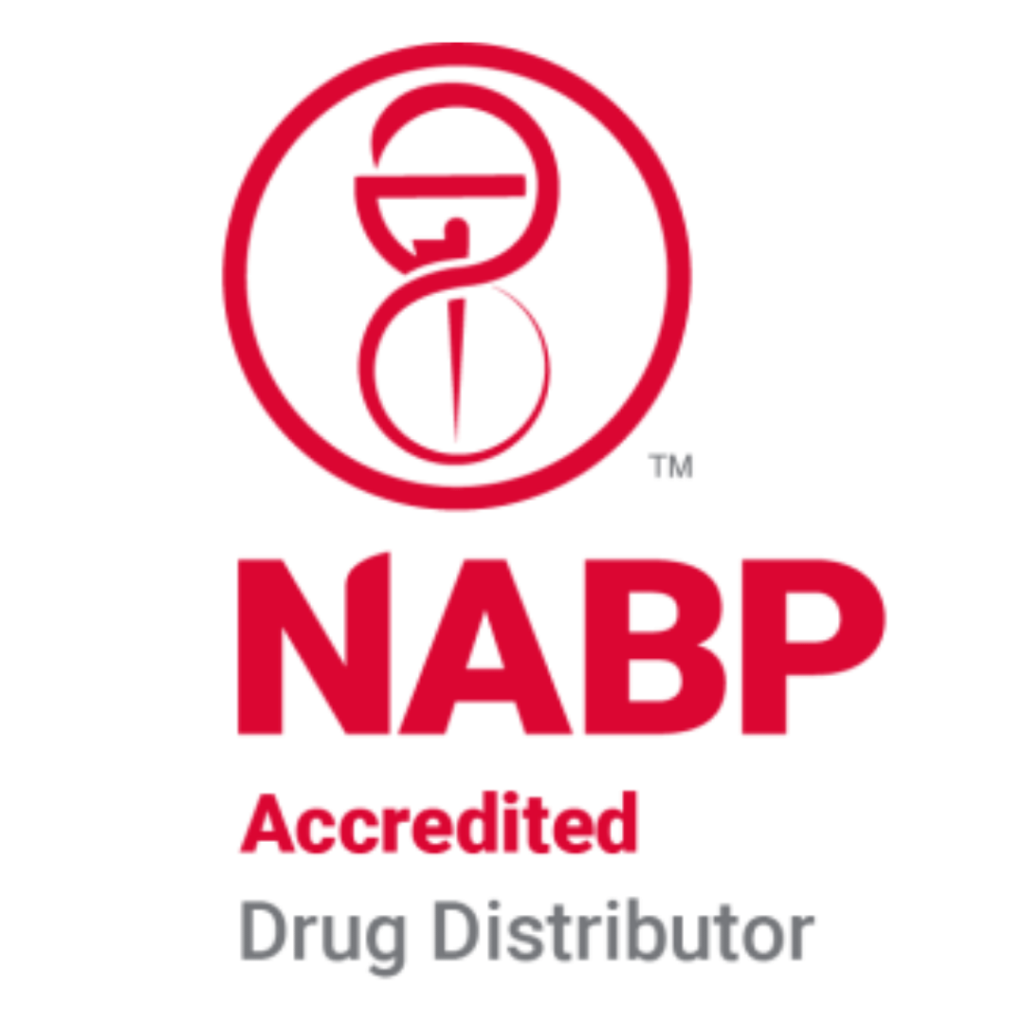As the healthcare landscape evolves, independent pharmacies find themselves in an increasingly precarious position. Despite serving as vital pillars of local communities, these establishments face an uphill battle against financial hardships. Consequently, they are amplified by the complex workings of Pharmacy Benefit Managers (PBMs). With the recent implementation of The Centers for Medicare and Medicaid (CMS) rule changes and the looming threat of closure for many, the urgency for PBM reform has never been more pronounced.
CMS Rule Changes and Financial Strain:
At the dawn of 2024, CMS introduced rule changes that significantly impacted independent pharmacies across the nation. These changes, while aimed at improving transparency and affordability in the pharmaceutical industry, have unintentionally plunged many independent pharmacists. As a result, putting them into a dire financial crisis. The repercussions of these alterations have been swift and severe, leaving these establishments struggling with reduced reimbursements and increased operational costs.
According to a recent survey conducted by the National Community Pharmacists Association (NCPA), the outlook for independent pharmacists is bleak. Shockingly, over 30% of respondents reveal that they may be forced to shutter their doors in 2024 due to financial insolvency. This alarming statistic underscores the severity of the situation facing independent pharmacies and underscores the urgent need for intervention.
Dwindling Reimbursements and Price-Gouging Practices:
One of the most pressing issues plaguing independent pharmacies is the significant decrease in reimbursements. Specifically, for prescription medications at the point of sale. The NCPA survey paints a grim picture, with a staggering 99% of respondents reporting lower reimbursements—a financial blow that many simply cannot absorb.
At the heart of this crisis lies the predatory practices of Pharmacy Benefit Managers. PBMs, acting as middlemen between pharmacies, insurers, and drug manufacturers, display considerable influence over drug pricing and reimbursement rates. Despite widespread outcry and calls for reform, legislation aimed at curbing PBM spread pricing and other price-gouging practices remains stagnant.
The ramifications of these practices are far-reaching, with independent pharmacies bearing the brunt of the financial burden. As PBMs continue prioritizing profits over patient care, independent pharmacists navigate an increasingly hostile landscape, where financial sustainability is elusive.
The Urgent Need for PBM Reform:
In the face of mounting challenges, the need for comprehensive PBM reform has never been more apparent. While legislative efforts to rein in PBMs are proposed, the road to meaningful reform remains fraught with obstacles. Despite bipartisan support for measures to curb price-gouging and enhance transparency, progress is slow, and crucial reforms continue to be deferred.
As independent pharmacies teeter on the brink of extinction, policymakers must prioritize the interests of patients and communities over corporate profits. Meaningful PBM reform is not merely a matter of financial viability for independent pharmacists. It is a moral imperative aiming to safeguard access to essential medications and preserve the fabric of local healthcare infrastructure.
The difficulties of independent pharmacies amidst the hectic landscape of PBM reform is a stark reminder of the inherent inequities within the pharmaceutical industry. As CMS rule changes take effect and financial pressures mount, the survival of these essential healthcare providers hangs in the balance. It is incumbent upon policymakers to heed the calls for reform and take decisive action to ensure the viability of independent pharmacies for generations to come.






